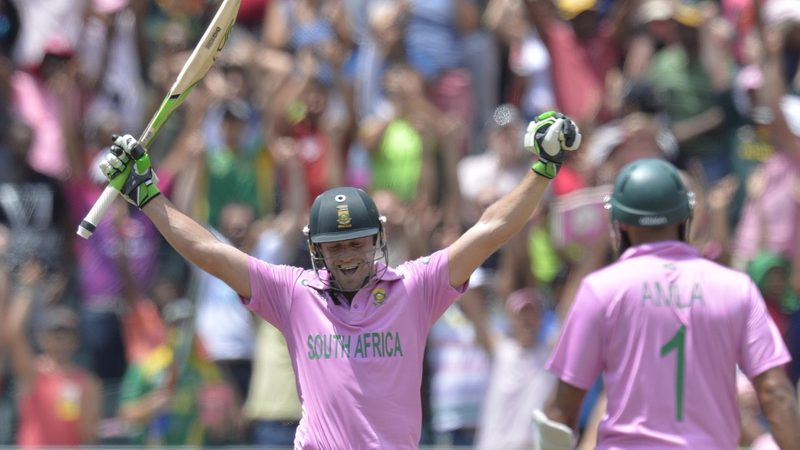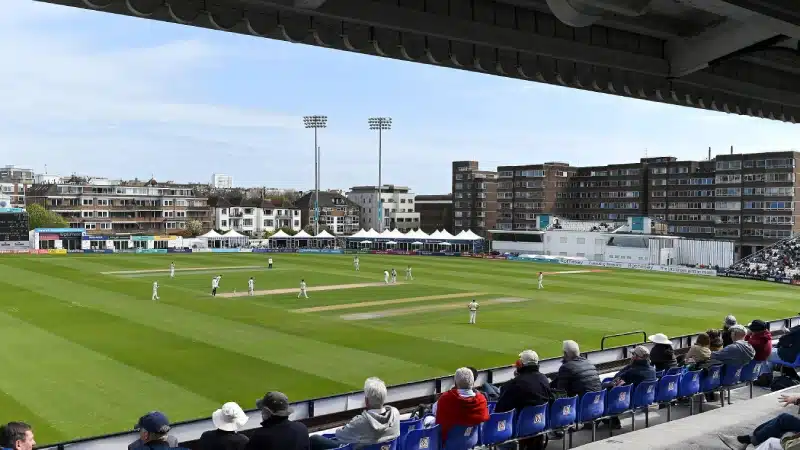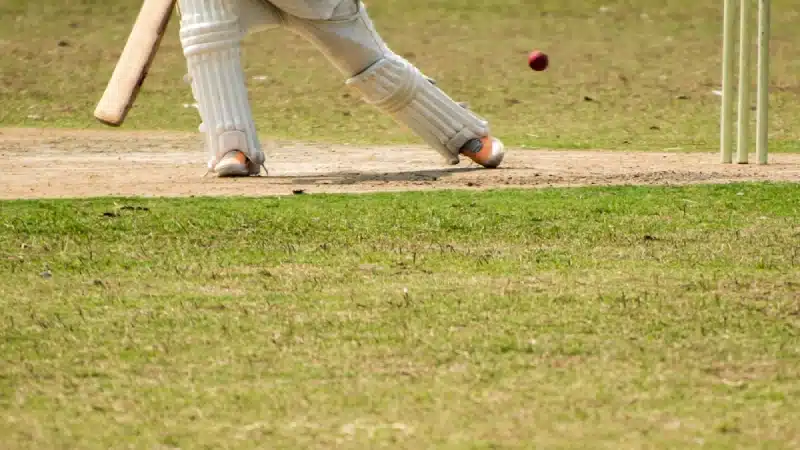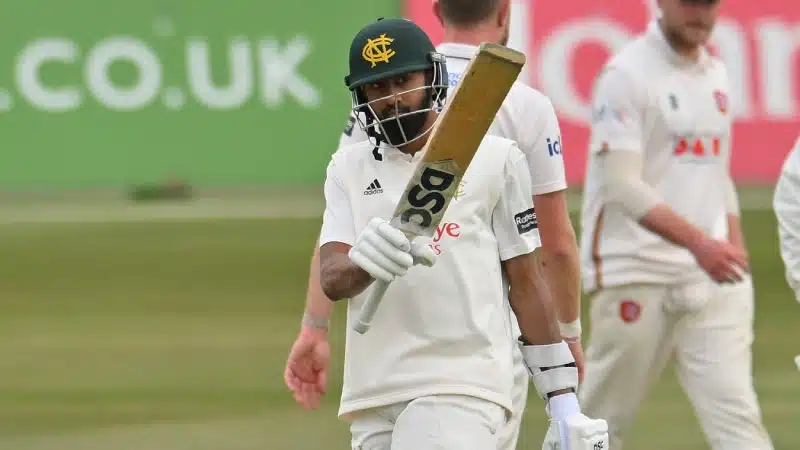
Getting a century is one thing, but smashing it in little time is what limited-overs cricket is all about.
Dennis Amiss scored the first century in ODI cricket in 1972. It came at a brisk pace. His innings lasted 134 balls but the pace over the decades has increased considerably.
Here’s a look at the fastest centuries in ODI cricket.
AB de Villiers vs West Indies – 31 balls (January 2015)
South African batsman AB de Villiers currently holds the record for the fastest century in ODIs taking just 31 balls to reach his hundred.
Playing against the West Indies at the Wanderers Stadium, captain AB de Villiers batted with aplomb, scoring 149 runs in a meagre 44 balls at a rate of 338.63.
The talismanic batter set up a 192-run partnership with Hashim Amla, while hitting nine fours and a massive 16 sixes on the way to the record.
The record-breaking innings from de Villiers helped the Proteas to 439/2 - the fourth-highest ODI total of all time. The mammoth total proved difficult for the Windies to beat, and they eventually lost the game by 148 runs.
Corey Anderson vs West Indies – 36 balls (January 2014)
Before AB de Villiers took up the top spot, it was New Zealand’s Corey Anderson who held the record for the fastest ODI century.
The West Indies were on the receiving end again when Anderson reached his ton in 36 deliveries at Queenstown.
The batting massacre took place on New Years’ day during the third ODI of West Indies' tour of New Zealand. Anderson and Jesse Ryder set up a 191-run partnership for the fourth wicket, and the former ended his innings at an unbeaten 131 off 47 balls at a rate of 278.72. His innings included six fours and 14 sixes as the Kiwis went on to score 283 and beat the Windies by 159 runs.
Shahid Afridi vs Sri Lanka – 37 balls (October 1996)
Former Pakistan skipper Shahid Afridi holds the record for the third fastest century in ODIs, which was then the fastest for almost 18 years, against Sri Lanka in 1996. It was the first time he was batting in international cricket.
Squaring off against the Lankans at the KCA Centenary Tournament in Nairobi, the feisty all-rounder came at No. 3 and set up a 126-run partnership with opener Saeed Anwar. Scoring a ton in mere 37 balls, Afridi hit six fours and 11 sixes at a strike rate of 255 during his blitz. He lost his wicket three balls after completing his century as Pakistan went on to score 371 and beat their subcontinental rivals by 82 runs.
Mark Boucher vs Zimbabwe – 44 balls (September 2006)
One of the most formidable batsmen of South Africa’s golden generation, Mark Boucher etched his name in the annals of cricketing folklore with a solitary century in his career. Facing off against Zimbabwe, the wicketkeeper-batsman achieved the feat in 44 balls.
Batting at No. 4, Boucher completed an onslaught led by the South African batsmen, hitting his ton within 44 balls. He managed to score an unbeaten 147 off 68 balls, at a rate of 216.17, with his innings including eight fours and ten sixes. South Africa hit their second 400-plus score of the year and won the match by a massive total of 171 runs.
Brian Lara vs Bangladesh – 45 balls (October 1999)
Former West Indies skipper Brian Lara had a penchant for scoring runs, be it in Test cricket or ODIs. The player who broke the record for most runs in Test cricket twice, is fifth on this list, having hit a quickfire century during the 2nd ODI of West Indies' tour of Bangladesh.
Lara opened the innings for the Windies, and was only one of the two players to score more than 30 runs for his side (Shivnarine Chanderpaul made 77 runs). Scoring his century in 45 balls, the legendary batsman lost his wicket at 117 off 62 balls, scoring at a rate of 188.70. His innings included 18 fours and four sixes, helping the side to 314, and eventually winning the game by 109 runs.
Featured photo: AFP / Stringer




















